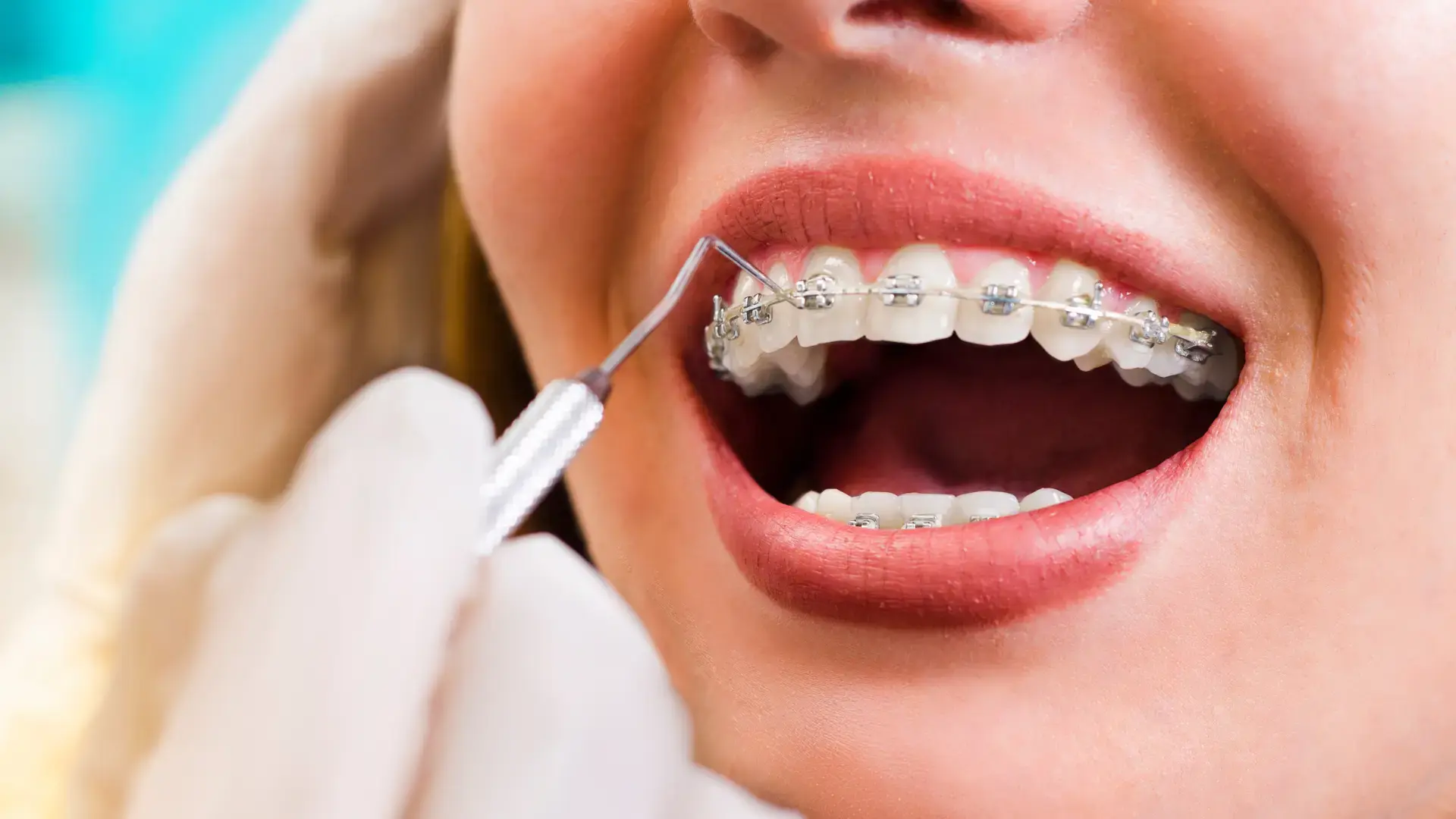10 Dental Care Tips to Avoid Winter Teeth Pain

Summarize with AI
Cold weather shouldn’t mean cold teeth! If you’ve ever felt a sharp jolt in your teeth when stepping outside on a chilly morning, you’re not alone. Winter air can trigger or worsen tooth sensitivity, making everyday activities like breathing through your mouth or sipping hot drinks uncomfortable.
Tooth sensitivity in colder months is often caused by enamel wear, gum recession, or temperature-related nerve irritation. Fortunately, there are simple steps you can take to keep your smile comfortable all season long. Here are ten dentist-approved tips to help protect your teeth and reduce winter sensitivity.
What Causes Cold Sensitivity?
Winter weather can be tough on your teeth. The drop in temperature, combined with changes in your everyday habits, can expose hidden vulnerabilities in your smile.
Here are a few common reasons your teeth might feel extra sensitive in the cold:
- Enamel erosion from overbrushing or regularly consuming acidic foods and drinks can wear down your tooth’s protective layer.
- Gum recession may expose the dentin—a layer full of sensitive nerve fibers—making your teeth more reactive to cold air and liquids.
- Micro-cracks can form in your teeth as they expand and contract with temperature changes, especially when moving between cold outdoor air and indoor heat.
- Dry mouth, triggered by indoor heaters or breathing in cold air, reduces the protective effects of saliva and can increase discomfort.
Understanding these triggers is the first step to protecting your teeth during winter. Up next: practical tips to help you stay comfortable.
Top 10 Dental Care Tips to Prevent Winter Tooth Pain
If you suffer from tooth sensitivity, consider the following dental care tips to find relief.
1. Use Toothpaste for Sensitive Teeth
Protect your enamel by brushing twice a day with a toothpaste designed for sensitive teeth. To prevent abrasion, use gentle strokes and brush in a circular motion with a soft-bristle toothbrush.
2. Floss Daily to Prevent Enamel Erosion
Floss regularly to help fight tooth decay. Plaque bacteria produce acids that destroy your tooth enamel. Flossing daily can help prevent decay between your teeth.
3. Rinse with a Fluoride Mouthwash
Use a mouthwash with fluoride. Fluoride will protect the sensitive areas of your teeth by strengthening your tooth enamel and reducing tooth sensitivity and pain. If your tooth enamel is eroded, your doctor may recommend a prescription-strength fluoride paste and fluoride rinse.
4. Avoid Whitening Treatments During Winter
Avoid whitening treatments because tooth-whitening products such as whitening strips or gels can increase tooth sensitivity.
5. Cover Your Mouth in Cold Air
To prevent cold air from hurting your sensitive teeth, cover your mouth and breathe through your nose. This will allow your mouth to naturally insulate your teeth.
6. Limit Acidic or Sugary Beverages
Acidic liquids, such as carbonated drinks, can remove small amounts of tooth enamel over time. Use a straw to limit contact and drink water afterward to balance the acid levels in your mouth.
7. Stay Hydrated and Manage Dry Mouth
Drinking water will help your mouth produce more bacteria-fighting saliva, as well as rinse away remaining bacteria on the surface of your teeth.
8. Sip on Warm Beverages
To prevent your inner dentin and outer enamel from naturally contracting in cold temperatures, sip on a warm beverage.
9. Eat Vitamin D-Rich Foods for Stronger Teeth
Vitamin D plays an important role in bone and tooth mineralization. A lack of vitamin D can lead to tooth decay and brittle teeth that are easily chipped or cracked.
10. See Your Dentist for Persistent Sensitivity
Home remedies can alleviate pain, but they may not address the source of your tooth sensitivity. If your symptoms persist after a few days, make an appointment with your dentist. The pain or sensitivity you experience may be attributed to other oral health issues.
When to See a Dentist About Sensitive Teeth
Tooth sensitivity can sometimes signal something more serious like enamel erosion, cavities, or gum disease. If you’re experiencing persistent discomfort, don’t wait for it to get worse. At Gentle Dental, our caring team uses advanced diagnostic technology to pinpoint the root of your sensitivity and build a personalized care plan that fits your needs and budget.
Whether it’s a simple fix or a more involved treatment, early intervention is key. Schedule a visit before winter symptoms escalate, and we’ll help you feel confident and comfortable all season long.
Stay Cozy, Stay Cavity-Free — Gentle Dental Has You Covered
Winter shouldn’t get in the way of your smile. With the right habits and expert care, you can keep tooth sensitivity at bay and enjoy the season pain-free. Whether you need a quick check-up or extra support for sensitive teeth, Gentle Dental is here to help. With compassionate care, flexible scheduling, and convenient locations near you. Let’s keep your smile cozy and cavity-free all winter long!


